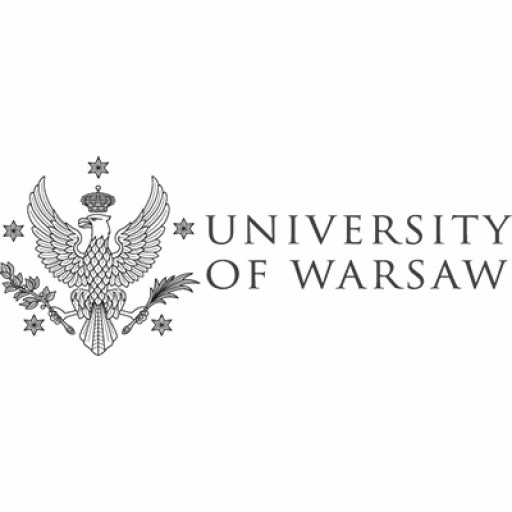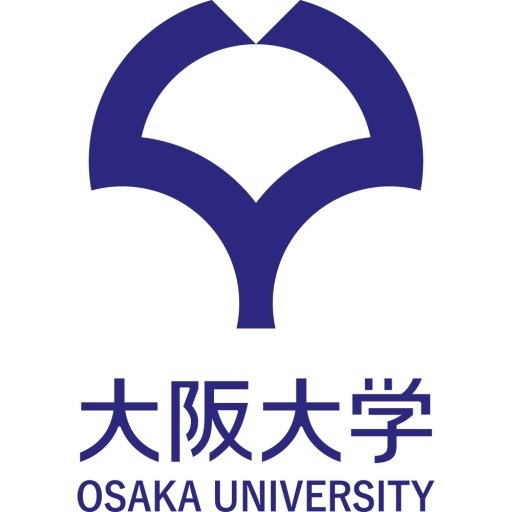Photos of university / #uniwersytetwarszawski
The Physics programme at the University of Warsaw offers a comprehensive education in the fundamental principles governing the universe. This degree is designed to provide students with both theoretical knowledge and practical skills essential for understanding physical phenomena, from subatomic particles to cosmic structures. The curriculum integrates classical mechanics, electromagnetism, thermodynamics, quantum physics, and relativity, ensuring a well-rounded foundation in both theoretical and experimental physics. Students will have the opportunity to engage in cutting-edge research projects, utilize advanced laboratory equipment, and collaborate with leading scientists in the field. The programme also emphasizes analytical thinking, problem-solving, and data analysis skills, preparing graduates for versatile careers in research, industry, and education. Students can explore specialization areas such as condensed matter physics, astrophysics, particle physics, or medical physics, tailoring their studies to specific interests and career goals. The academic staff comprises experienced professors and researchers dedicated to fostering a stimulating learning environment. Throughout their studies, students will develop critical thinking and research competencies, enabling them to contribute innovatively to scientific progress. The University of Warsaw's strong international connections and state-of-the-art facilities provide students with opportunities for international exchanges, internships, and participation in global scientific initiatives. Upon graduation, students will be equipped to pursue further academic research, work in technological and scientific industries, or engage in science communication and education. Learning at the University of Warsaw's Physics programme prepares students to meet the challenges of modern science and make meaningful contributions to our understanding of the physical world.
- classes in general subjects,which can be held also in form of distance learning, jointly for all doctoral studies - 60 hours in total; those classes should be passed during the first and the second year of studies; 6 ECTS;
- student-selected classes which develop teaching skills– UniversityTeaching, 15 hours; this class should be passed during the first year of studies, 5 ECTS;
- classes related to the scientific discipline: − lectures,120 hours through the course of studies, 12 ECTS; − seminars and discussion sessions (konwersatorium), 120 hours throughout the course of studies, 12 ECTS;
- professional teaching practice (as part of teaching classes) 10 hours a year throughout 4 years of studies, 6 ECTS;
- during the four years of doctoral studies, doctoral students, if they collect the faculty scholarship must teach (or participate in teaching) educational classes for 240 hours;
- individual academic work, under the guidance of an academic tutor or supervisor. The result of individual academic work is, in particular, the doctoral thesis
- request for admission from the Internet Candidate Registration System,
- application for admission to doctoral studies using forms downloaded from the website,
- prospective academic tutor’s written commitment to supervise the student for the duration of the doctoral studies,
- 2 photos,
- CV (signed by the candidate), with the information about scientific interests and academic activities, in particular about publications, participation in scientific conferences, awards, academic internships, work in scientific clubs,
- official copy of the graduation diploma conferring the degree of magister (MSc) or the certificate of credit for subjects covered by the syllabus (if the certificate is filed, then the official copy of the diploma should be submitted not later than 30 September 2016),
- documented results (grades) received during the studies (studies record sheet); if the studies were completed abroad, an information about the applied range of grades is required as well,
- opinion of the current academic tutor regarding the candidate’s academic and possibly teaching work so far,
- in case of candidates who are foreigners: a statement that the candidate has sufficient command of English to teach classes,
- health insurance certificate (the form can be downloaded from the website) or registration application to the Social Insurance Institution (Zakład Ubezpieczeń Społecznych),
- declaration regarding the necessary settlements with the Faculty after the completion of doctoral studies (the form can be downloaded from the website),
- copy of ID Card
- An additonal a fee of 200 Euro is required as part of the first year tution fee.
Foreigners can study at BA, MA / MSc / LLM, MBA, PhD level on various financial terms:
- as the Republic of Poland or foreign governments grant holders (check also: Ministry of Science and Higher Education)
- as the University of Warsaw grant holders (e.g. as exchange students on the basis of bilateral agreements)
- as students of Erasmus partner institutions/ Erasmus Mundus External Cooperation Window institutions (with a scholarship)
The Physics program at the University of Warsaw is a comprehensive and rigorous undergraduate degree designed to provide students with a solid foundation in the fundamental principles of physics as well as specialized knowledge in various subfields. The program aims to develop critical thinking, problem-solving skills, and practical laboratory competencies, preparing graduates for diverse career paths in research, industry, teaching, and further academic pursuits. Students enrolled in this program gain theoretical knowledge through coursework in classical mechanics, electromagnetism, quantum physics, thermodynamics, statistical physics, and mathematical methods for physicists. Alongside theoretical understanding, the program emphasizes practical skills through laboratory exercises, computational simulations, and participation in research projects. The curriculum is regularly updated to reflect advancements in the field and to incorporate multidisciplinary approaches, integrating topics such as condensed matter physics, astrophysics, and biophysics where relevant. The program often includes opportunities for students to engage in internships, scientific conferences, and collaboration with research institutions, fostering an active research environment. Emphasis is also placed on developing communication skills necessary for explaining complex scientific concepts to a broader audience. Students are encouraged to undertake a final-year project or thesis, often in collaboration with faculty members or external partners, allowing for in-depth exploration of specific areas of interest. The university provides modern laboratories, libraries, and access to cutting-edge research tools to support student learning and research activities. Graduates of the Physics program from the University of Warsaw are well-equipped for careers in scientific research, technology development, education, and other sectors requiring analytical and quantitative skills. Furthermore, the program often offers pathways to postgraduate studies, including master's and doctoral programs, facilitating continued academic and professional growth. The program’s structure ensures a balanced mix of theoretical instruction, practical application, and research opportunities, making it a comprehensive choice for those aspiring to excel in the field of physics.






